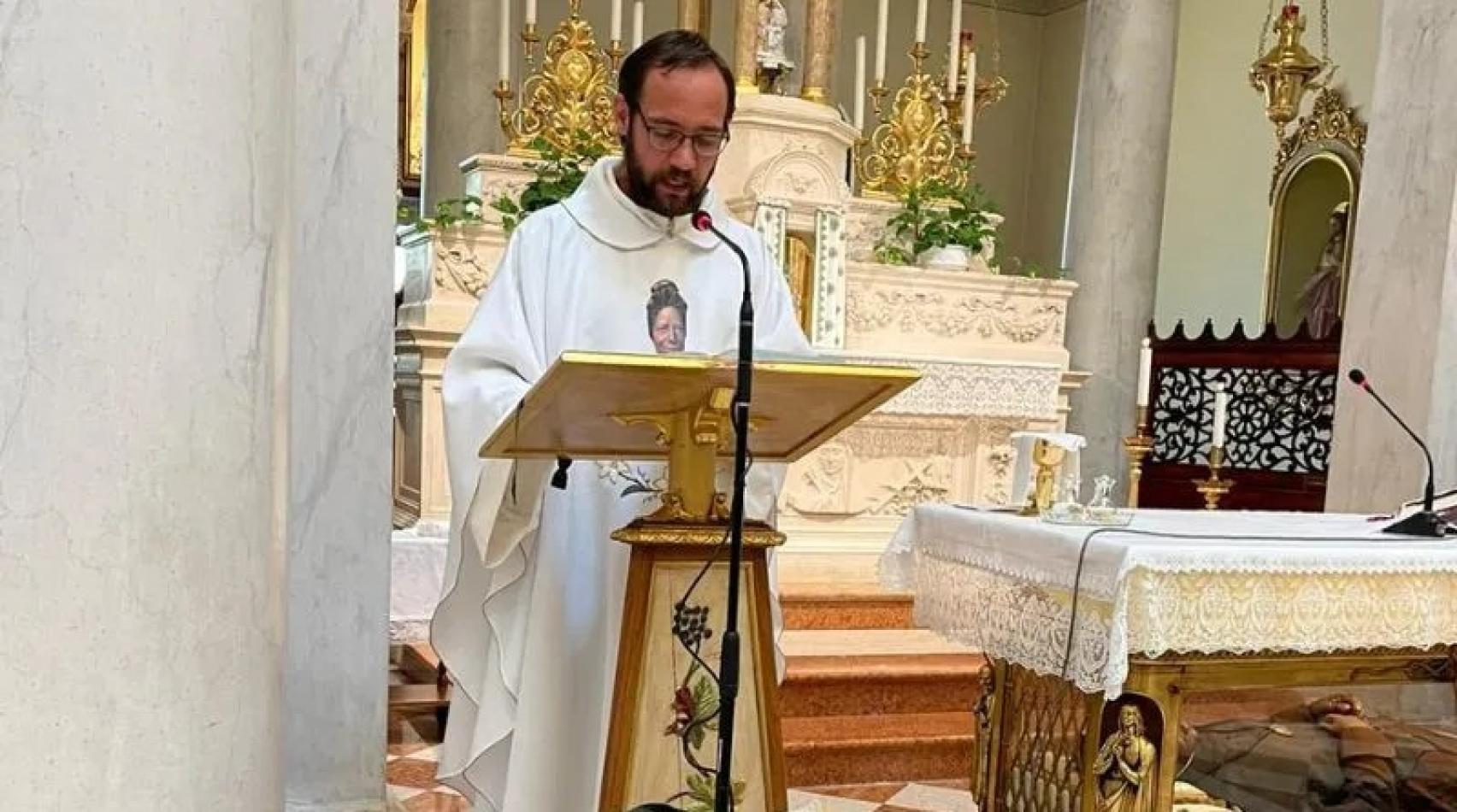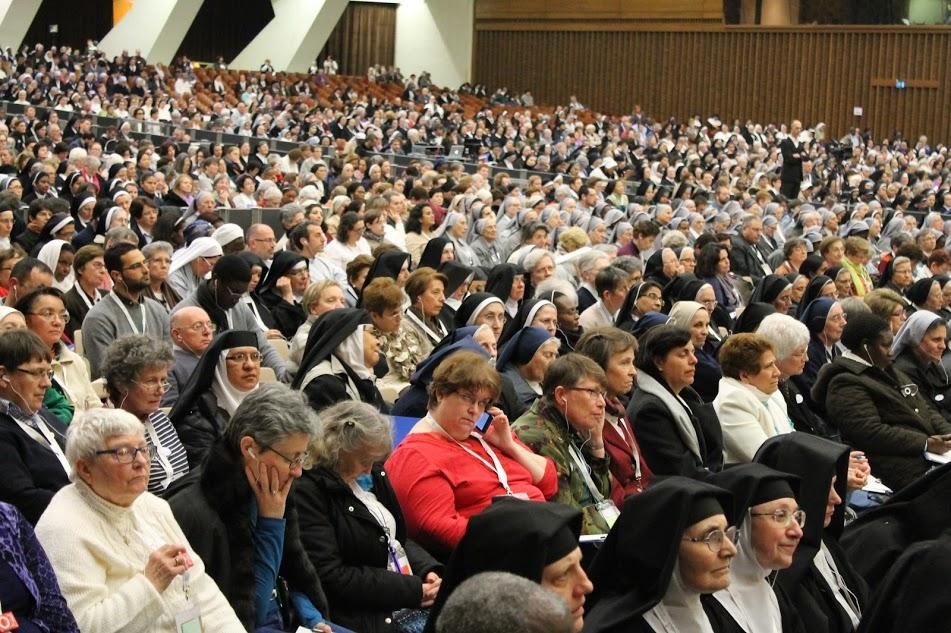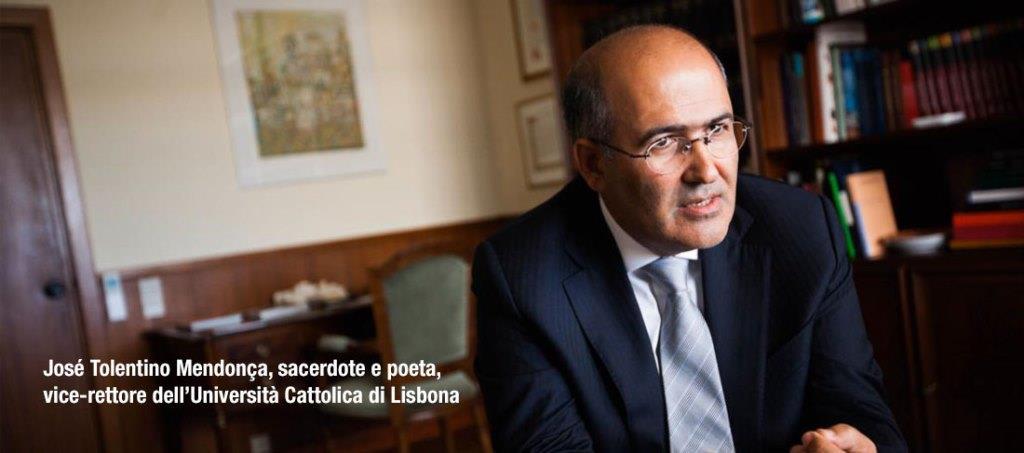Daniele Comboni
Missionari Comboniani
Area istituzionale
Altri link
Newsletter
Thursday, February 8, 2024
Italian-born Bishop Christian Carlassare of the Catholic Diocese of Rumbek in South Sudan traces his journey to Religious and Missionary life to St. Josephine Bakhita. Bishop Carlassare recognizes St. Bakhita as a “companion and protector” in his initially Priestly service, and now, Episcopal ministry, in South Sudan. “St Josephine Bakhita is a firm presence in my vocational journey...”, says Bishop Carlassare. [ACI Africa]
In a past reflection shared with ACI Africa ahead of February 8, the Feast Day of the Sudanese-born saint, who is the patron saint of victims of modern slavery and human trafficking, Bishop Carlassare recognizes St. Bakhita as a “companion and protector” in his initially Priestly service, and now, Episcopal ministry, in South Sudan.
“St Josephine Bakhita is a firm presence in my vocational journey for the simple fact that I was born in Schio (Italy), the same very town where Sr. Bakhita lived serving my people during very painful times and the two world wars,” Bishop Carlassare says, recalling her membership to the international missionary Congregation of the Canossian Sisters.
Born at Olgossa in Sudan’s Darfur region in 1869, Bakhita, who had three brothers and two sisters was six years old when her eldest sister was abducted. A couple of years later, she was kidnapped; her captors gave her the name “Bakhita”, an Arabic word that can be translated as to “the lucky one” of “the fortunate one”.
Her attempts to escape from her abductors did not bear fruit, as she was recaptured and sold the chief of El Obeid, who later sold her to a Turkish General headquartered in Sudan’s Kordofan township. Bakhita experienced physical torture that scarred her during her time as a slave. She was taken to Sudan’s capital, Khartoum, where the Italian consul, Callisto Legnani, ransomed her.
Callisto Legani took Bakhita with him back to Italy. While in Italy, she was given to Micheli family who owned a hotel in Port Sudan and who intended to take Bahkita back there with them. She became the Micheli family’s nanny until the family left her with the Canossian Sisters in Venice, in Northern Italy, when they traveled to Sudan for business.
The Canossian Sisters took care of Bakhita during the legal battle that ensued for her freedom from slavery. Eventually, an Italian court ruled that since slavery had been outlawed in Sudan prior to her birth, Bakhita was not legally a slave. In Venice, Bakhita joined the catechumenate and converted to Christianity. Nine months later, in November 1889, Mrs. Maria Turina Micheli returned to Venice to take the girls back with her to Africa. However, Bakhita refused to return to Sudan with the Micheli family. After the intervention of the Cardinal Patriarch of Venice and representatives of the government, it was made clear to Maria Micheli that Bakhita’s days of slavery were over and she could not be forced back to Port Sudan against her will.
With her newfound freedom, Bakhita chose to receive the Sacraments of Baptism, Confirmation, and First Holy communion on 9 January 1890. At the celebration presided over by the Cardinal Patriarch of Venice, Bakhita received the name, Josephine Margaret Fortunata, the latter name a Latin translation of her Arabic name, Bakhita.
Bakhita remained at the Canossian Sisters' catechumenate in Venice for another four years, during which she felt the urge to consecrate her life to God as a Religious Sister. She applied to the Superior of the Canossian Sisters in Verona and joined their novitiate in Venice in 1893. After examination by Cardinal Giuseppe Sarto, who would later become Pope Saint Pius X, she was allowed to take her Religious Wows in December 1896.
In 1902, Josephine Bakhita was commissioned to the Canossian Sisters’ convent in Schio in northern Italy, at the foothills of the Alps. She would be there for rest of her her life. She was involved in humble tasks of serving in the kitchen, sacristy and needlework class; she acquired a reputation for great holiness. During World War I, the convent at Schio became a military hospital. Sr. Josephine Bakhita helped to care for the wounded soldiers. And during World War II, the people of Schio looked on Sr. Josephine Bakhita as their particular saint who would safeguard the town from danger.
In the reflection Bishop Carlassare shared with ACI Africa on February 7, the Local Ordinary of Rumbek recalled St. Bakhita’s influence on him as he grew up in Schio. “I heard about her from eyewitnesses. Our elders had a great impression of her kindness and compassion for all people who visited the convent of the Canossian Sisters. Many children were coming daily to attend classes in the school run by the sisters,” the Italian-born member of the Comboni Missionaries (MCCJ) recalls. Bishop Carlassare continues, “Sr. Bakhita liked to entrained children at their arrival. She was never given the chance to be a teacher in the class; but she knew every single child and was close to their families in their struggles.”
In the reflection, the Catholic Bishop who started his Priestly ministry in South Sudan (then Sudan) in the Catholic Diocese of Malakal in 2005 recalls St. Josephine Bakhita “as a companions and protector in mission because I was sent to be a missionary in the Sudan, her own land and people.”
“I am sure she is interceding with the Father for my fidelity in service and generosity in self-giving without any doubt or fear,” the Bishop, whose Episcoapl Consecration that was initially scheduled for Pentecost Sunday 2021, was indefinitely postponed following the 26 April 2021 incident when he was shot in both legs. Bishop Carlassare recalls that “in her old age, Sister Josephine's health began to decline, but she bore her sufferings with great fortitude. Many people streamed to see her and hear her words of encouragement.”
“She died in 1947 at the age of 78. Pope John Paul II beatified her on May 17, 1992, referring to her as universal sister. And he canonized her as a saint on October 1, 2000,” the Catholic Bishop further recalls in his reflection shared with ACI Africa on February 7. “I take the opportunity to share three personal thoughts about her person. Firstly, I have always wondered about her name and identity. She was stolen from her family, and we don’t know her real name. She either forgot it or hid it,” he continues, alluding to the fact that the fright and the terrible experiences Bakhita went through made her forget the name her parents gave her.
Bishop Carlassare continues, “This was a terrible act of violence perpetuated to a young child: the kidnappers took away her identity for a new one, Bakhita. What can a person claim when he/she has been denied his/her identity? He/She can only be enslaved to those who control his/her life. It must have been a very painful experience.”
That was not all, the Catholic Bishop says, adding that Bakhita “was also tortured torture with the one hundred and fourteen scars inflicted on her body.”
“This experience of slavery worked in her by maturing an entirely unexpected personal path,” he further says, and recalls, “St. Bakhita herself reported to the sisters, ‘As a slave I never despaired because I felt a mysterious force sustaining me... I do not remember ever rebelling even when they made me suffer unjustly.’”
Bishop Carlassare, who, while recovering from the attack on his life, offered his pain for the purification of Rumbek Diocese, where he had been appointed shepherd looks on Bakhita for inspiration, and poses, “What is the secret of St. Bakhita? What is the secret to such a reversal of every usual human dynamic?”
“We know how easy it is to react with anger, fear and despair when we are wounded in our dignity. Frequently the wounded person wounds in turn in a futile attempt to get justice. The oppressed person becomes easily an even crueler oppressor. This is because an oppressed person learns from the oppressor to be like him,” he says. In the person of St. Bakhita, Bishop Carlassare says, “we see the fulfilment of God’s plan in her.”
The Catholic Bishop, who held a private meeting with Pope Francis ahead of his Episcopal Ordination goes on to recall the Holy Father’s sharing during his general audience on 11 October 2023 as well expressed in St. Bakhita: “The vocation of the oppressed is that of freeing themselves and their oppressors, becoming restorers of humanity. Only in the weakness of the oppressed can the force of God’s love, which frees both, be revealed”.




